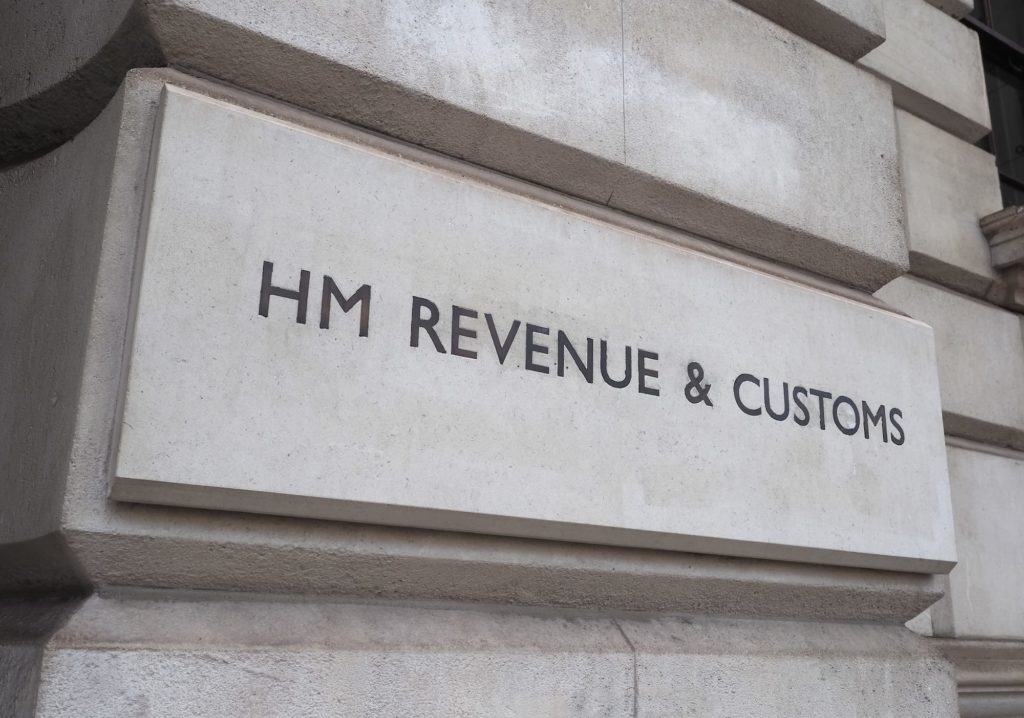Landlords across Britain are being warned to prepare for a major tax shake-up that will affect thousands from April 2026. Under new HMRC rules, many property owners will soon have to report their rental income and expenses to the taxman every three months, rather than just once a year 1.
What Is Changing?
The changes are part of the Government’s Making Tax Digital scheme for Income Tax. From 6 April 2026, landlords and self-employed people with a gross income of more than £50,000 will be required to keep digital records and send quarterly updates to HMRC. Those earning between £30,000 and £50,000 will need to follow the rules from April 2027. The threshold for those earning below £30,000 will not change “before further review,” and there is currently no date set for smaller landlords.
Unlike the current system, where landlords submit an annual Self Assessment tax return, you will now need to use approved accounting software to record your income and expenses. Every quarter, you must submit an update to HMRC. At the end of the year, a final declaration will confirm your income and tax due2.
Who Will Be Affected?
It is important to note that not all landlords will be affected immediately.
- From 6 April 2026, only those with a gross annual income over £50,000 from property and/or self-employment will be included.
- From April 2027, the rules will apply to those with gross income over £30,000.
- There is no fixed date yet for landlords earning less than £30,000 to be included, and HMRC has stated this group will not be affected until after a further review.
- “Gross income” means total rent received before expenses or deductions.
- The rules apply to each individual, so joint owners must only count their share of the income.
- Limited companies are not affected by these changes, only individual landlords.
- Non-UK landlords with UK property income will generally be included if their UK income meets the threshold.
If your total rental and/or self-employment income is below £50,000, you will not need to start quarterly digital reporting in April 2026. You must still file an annual tax return as usual, unless your income is below the Self Assessment threshold 2.
Why Is This Happening?
The Government says Making Tax Digital will help people get their tax right, reduce errors, and give landlords a clearer picture of their finances throughout the year. HMRC also believes quarterly updates will cut down on tax surprises and help clamp down on tax evasion.
What Do Landlords Need to Do?
Experts are urging landlords to act now to prepare for the new system.
- Start keeping digital records as soon as possible, even if you do not yet meet the £50,000 threshold.
- Research and choose accounting software that is approved by HMRC.
- Set reminders for quarterly deadlines, as missing them could lead to penalties.
- Speak to an accountant or adviser about how the changes may affect you and whether you need extra support.
The first quarterly update will cover income and expenses from April to July 2026, and must be submitted by 7 August 2026. Further updates will be due every three months 2.
What Are the Challenges?
Landlord groups have warned that the new rules could add extra stress and expense, particularly for smaller landlords who are used to managing their tax affairs on paper. Software costs may add several hundred pounds to annual expenses, and the risk of fines for missing a deadline is real.
Should You Be Worried?
If you act early and get organised, the transition should be manageable. Many landlords who have trialled Making Tax Digital already say it has helped them keep on top of their finances and avoid a last-minute scramble at tax time. However, if you ignore the changes, you could face new penalties and find yourself caught out.
What Should You Do Next?
Speak to a qualified accountant to understand how these rules may apply to your circumstances and to determine the most appropriate steps to take.
References:
- Interest-Rates.Info – UK Mortgage & Property Related News. (2025). HMRC rule change set to catch-out landlords: Thousands will soon need to report income and expenses every three months – Interest-Rates.Info. [online] Available at: https://interest-rates.info/2025/05/06/hmrc-rule-change-set-to-catch-out-landlords-thousands-will-soon-need-to-report-income-and-expenses-every-three-months-birmingham-money-mortgage/ [Accessed 23 Jul. 2025].
- HM Revenue & Customs (2025). One year until Making Tax Digital for Income Tax launches. Available at: https://www.gov.uk/government/news/one-year-until-making-tax-digital-for-income-tax-launches [Accessed 23 Jul. 2025].
Your home/property may be repossessed if you do not keep up repayments on a mortgage or other debt secured on it.
All the information in this article is correct as of the publish date 31st July 2025. The opinions expressed in this publication are those of the authors. The information provided in this article, including text, graphics and images does not, and is not intended to, substitute advice; instead, all information, content, and materials available in this article are for general informational purposes only. Information in this article may not constitute the most up-to-date legal or other information. The content has been prepared to raise awareness of upcoming changes that may affect some landlords. The author does not provide tax or accountancy services. You should always seek advice from a qualified tax or accounting professional regarding your individual circumstances.
Please be aware that by clicking on to any of the above links you are leaving our website. Please note that neither we nor HL Partnership Limited are responsible for the accuracy of the information contained within the linked site(s) access





